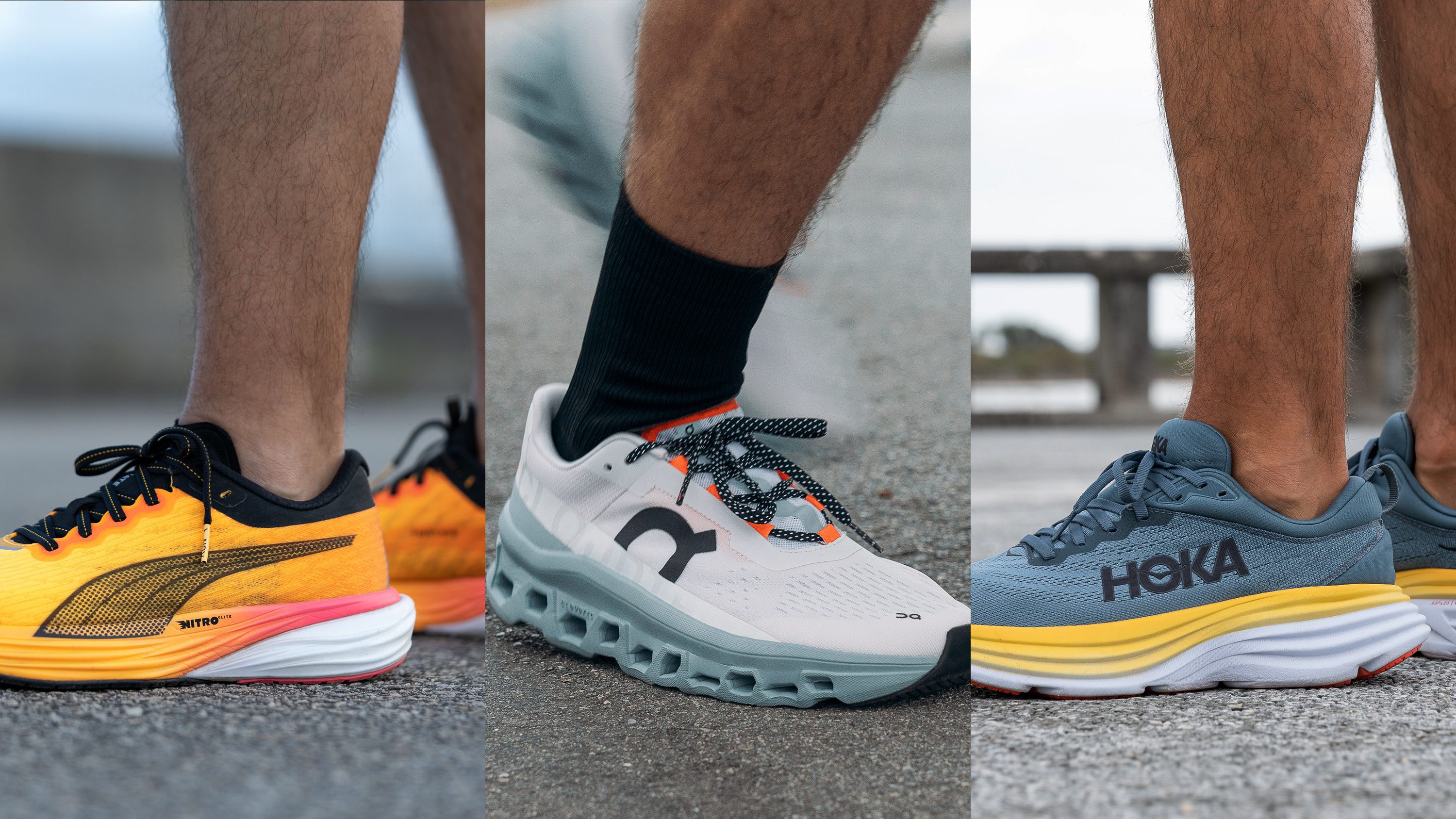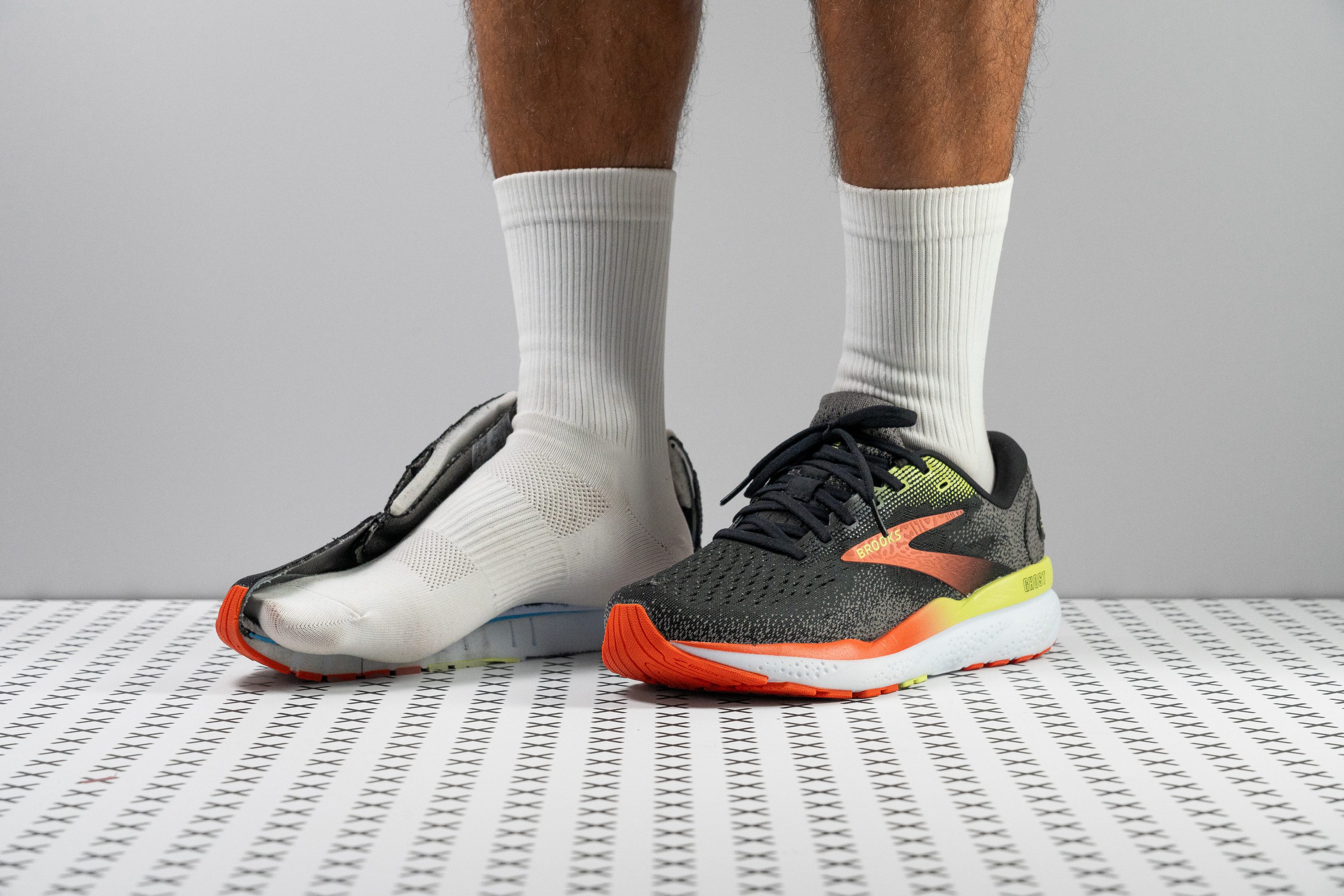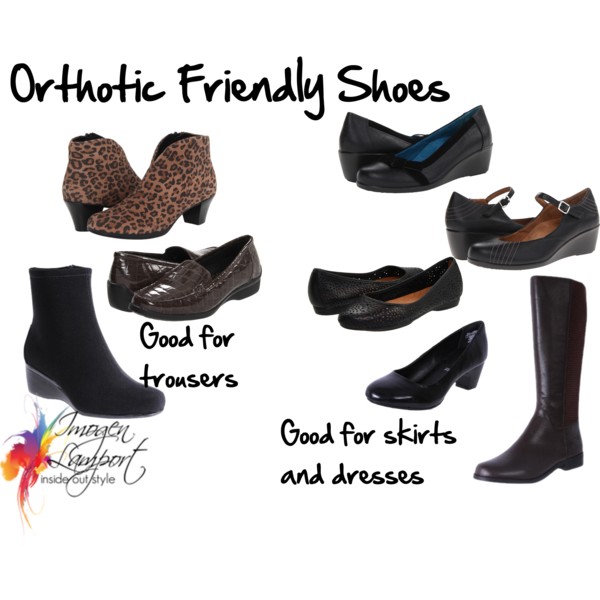Understanding Custom Orthotics
Custom orthotics are specially crafted shoe inserts designed to support and align the foot, helping to alleviate pain and discomfort from various conditions such as flat feet, plantar fasciitis, and overpronation. Unlike over-the-counter insoles, custom orthotics are tailored specifically for an individual’s foot shape and specific needs. According to the National Institutes of Health, they can significantly improve mobility and reduce pain when properly fitted.
Why Proper Footwear Matters
The right pair of shoes is essential when using custom orthotics, as they can drastically affect comfort levels. Shoes that provide good arch support, cushioning, and a proper fit allow orthotics to function effectively. A poor choice in shoes may lead to discomfort and negate the benefits of your custom inserts. Therefore, selecting shoes that accommodate orthotics can be the difference between a painful walking experience and one that is comfortable and enjoyable.
Top Picks for Shoes Compatible with Custom Orthotics
Choosing the right shoes is crucial. Below, we’ve highlighted our top picks for shoes that are compatible with custom orthotics, considering their materials, styles, and overall comfort.
1. ASICS Gel-Kayano 28
The ASICS Gel-Kayano 28 is a highly rated running shoe designed for stability and comfort. Featuring a plush gel cushioning system, it provides excellent support for runners and walkers who require orthotics.
Pros:
- Excellent cushioning and support
- Durable construction
- Roomy toe box for orthotics
Cons:
- Pricey compared to other options
- May take time to break in
2. New Balance 990v5
Known for their combination of style and comfort, the New Balance 990v5 features a premium mesh upper and ENCAP midsole technology for support. This shoe is often recommended for those who need orthotics due to its wide variety of sizes and widths.
Pros:
- Available in multiple widths
- Classic style that pairs well with various outfits
- Great stability
Cons:
- Can feel bulky for some wearers
- Higher price point

3. Brooks Addiction 14
The Brooks Addiction 14 offers a combination of motion control and cushioning, making it ideal for those who overpronate or need additional foot support. This shoe is particularly popular among people with severe foot conditions.
Pros:
- Great for overpronators
- Excellent arch support
- Durable rubber outsole
Cons:
- Heavier than some competitors
- Limited color options

4. Saucony Grid Omni Walker
If you’re looking for a walking shoe that accommodates orthotics, the Saucony Grid Omni Walker is a solid choice. With a spacious toe box and exceptional heel support, this shoe caters to those who spend long hours on their feet.
Pros:
- Lightweight and comfortable
- Great for long-distance walking
- Shock-absorbing properties
Cons:
- Break-in period may be necessary
- Can run small; consider sizing up

5. Vionic Tide II Sandals
For those hotter days, the Vionic Tide II sandals offer a great blend of style and support. They are designed with a built-in orthotic footbed, providing excellent arch support and cushioning.
Pros:
- Stylish and available in various colors
- Highly comfortable for casual wear
- Adjustable strap for a personalized fit
Cons:
- Less support than shoes for extensive walking
- Limited to warm-weather use

Comparison Table of Top Shoes for Custom Orthotics
| Brand & Model | Type | Pros | Cons | Price |
|---|---|---|---|---|
| ASICS Gel-Kayano 28 | Running Shoe | Excellent cushioning, Durable, Roomy toe box | Pricey, Break-in required | $160 |
| New Balance 990v5 | Casual/Running Shoe | Multiple widths, Classic style, Great stability | Bulky, Higher price | $185 |
| Brooks Addiction 14 | Running Shoe | Great for overpronation, Excellent arch support, Durable outsole | Heavier, Limited colors | $130 |
| Saucony Grid Omni Walker | Walking Shoe | Lightweight, Great for long walking, Shock absorption | Break-in needed, Runs small | $100 |
| Vionic Tide II Sandals | Casual Sandal | Stylish, Comfortable, Adjustable strap | Less support for walking, Warm-weather only | $70 |
Tips for Choosing the Right Shoes for Custom Orthotics
When selecting shoes compatible with your custom orthotics, keep the following tips in mind:
1. Always Try Before You Buy
Getting the right fit is crucial. Make sure to try on shoes with your orthotics in place. Walk around the store to assess comfort, support, and fit.
2. Look for a Spacious Toe Box
A roomy toe box can prevent issues like bunions and hammertoes. Ensure that there’s enough space for your toes to wiggle comfortably without being cramped.
3. Choose Quality Materials
Opt for shoes made with quality leather or breathable mesh. These materials can enhance durability and comfort, ensuring your feet are well-supported.
4. Prioritize Arch Support
Good arch support is essential when using orthotics. Ensure the shoe itself has supportive features even before adding your custom inserts.
5. Pay Attention to Heel Height
For those who require orthotics, shoes with a lower heel height often provide better alignment and comfort. Avoid high heels whenever possible.

Real-World Experiences: Case Studies
To offer more insight into how individuals have benefited from specific footwear, we’ve gathered a few case studies:
Case Study 1: Sarah, 35, Teacher
Sarah, a dedicated teacher, developed plantar fasciitis after years of standing. She found relief after investing in the ASICS Gel-Kayano 28, which provided the support she needed alongside her custom orthotics. Sarah reports that her foot pain has significantly reduced, allowing her to stand all day without discomfort.
Case Study 2: John, 50, Retail Worker
After developing overpronation issues, John sought comfort from the New Balance 990v5. He loved the variety of widths, which accommodated his orthotics perfectly. John highlights that his feet feel significantly less fatigued at the end of his shifts, thanks to the shoe’s stability and support.
Frequently Asked Questions (FAQs)
1. Can I use custom orthotics in any shoe?
While you can technically place orthotics in any shoe, it’s best to choose shoes that offer adequate support to maximize comfort and function.

2. How do I choose the right size for shoes that will accommodate orthotics?
It’s recommended to go half a size up when purchasing shoes that will be worn with custom orthotics to ensure a comfortable fit.
3. Are there specific brands known for orthotic-friendly shoes?
Yes, brands like ASICS, New Balance, Brooks, and Saucony are known for producing shoes that accommodate custom orthotics well.
4. How often should I replace my shoes when using orthotics?
As a general guideline, it’s advisable to replace shoes every 300-500 miles or approximately every 6-12 months, depending on wear and use.
5. Are custom orthotics worth the investment?
For many people, custom orthotics significantly improve comfort and mobility, making them worth the investment, especially for those with foot conditions.
6. Can I use custom orthotics in sandals?
Yes, some sandals are designed to accommodate custom orthotics. Look for styles with removable insoles and good arch support.
7. How do I clean my shoes that accommodate orthotics?
Most athletic shoes can be hand washed with mild soap and a damp cloth. Avoid immersing them in water or using harsh chemicals.
8. What should I do if my orthotics don’t fit in my new shoes?
If your orthotics do not fit well in new shoes, consider returning the shoes or consulting with a podiatrist for recommendations.
9. Can using orthotics change my foot structure?
Custom orthotics can help realign your foot’s structure over time, alleviating pain and providing support, but they should not drastically change the shape of your feet.